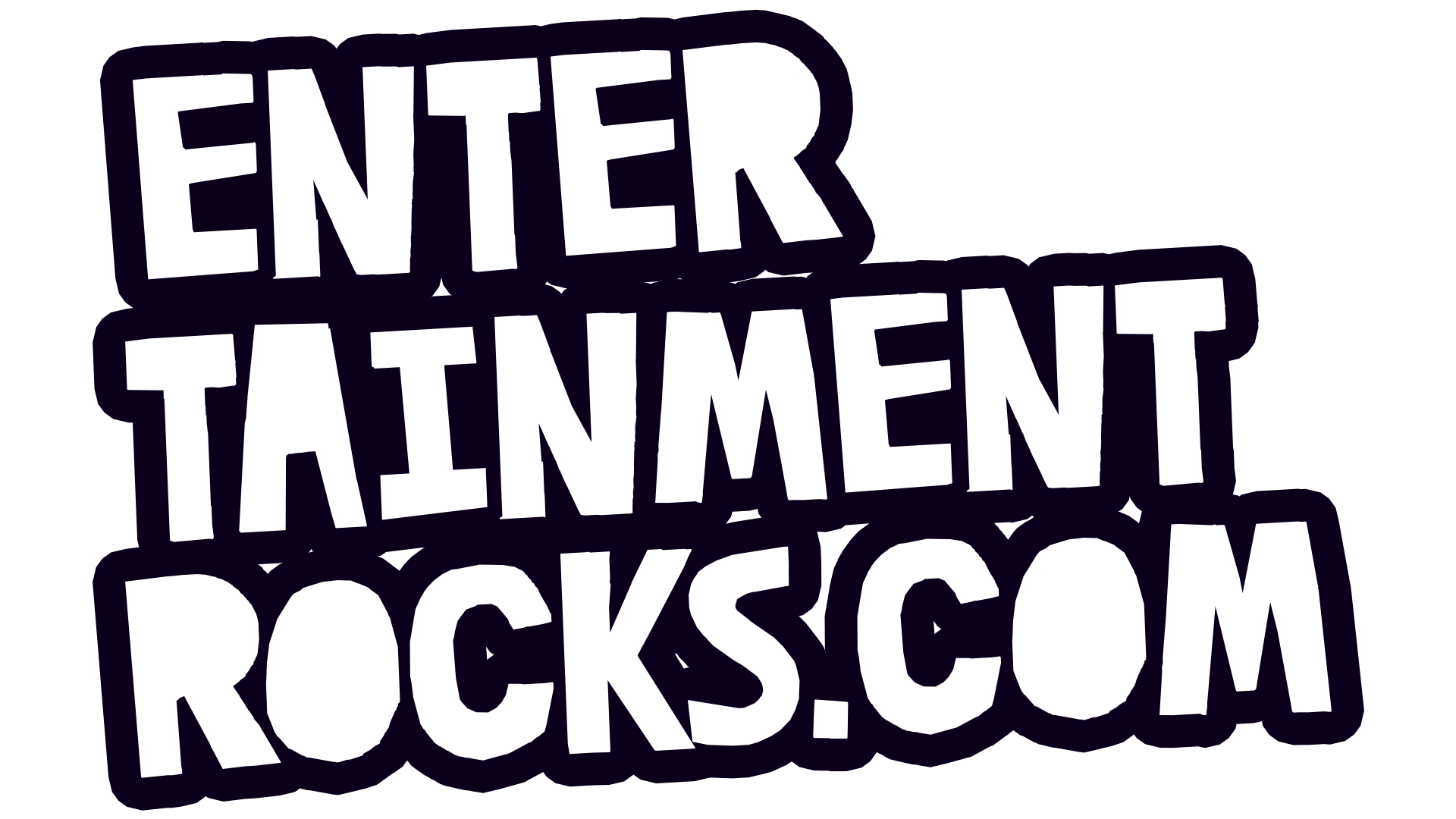
The comic book industry has long been dominated by a few major publishers, such as Marvel and DC Comics. These publishers have created some of the most iconic and beloved comic book characters in history, but they have also been criticized for their treatment of creators.
In recent years, there has been a growing trend of comic book companies being founded by groups of comic book writers and artists. These companies are often referred to as “creator-owned” companies, because the creators own the rights to the characters and stories they create.
One of the most recent examples of a creator-owned comic book company is Ghost Machine, which was recently announced during New York Comic Con 2023. Ghost Machine was founded by a group of high-profile comic book creators, including Jason Fabok, Gary Frank, Bryan Hitch, Geoff Johns, Lamont Magee, Francis Manapul, Brad Meltzer, Peter J. Tomasi, and Maytal Zchut. The company’s goal is to create a place where creators can own their own work and have more control over their careers.
There are several benefits to having comic book companies founded by comic book writers. First, it gives creators more control over their work. When a creator works for a major publisher, they often have to give up the rights to their characters and stories. This means that the publisher can do whatever they want with the characters, even if the creator doesn’t agree with it.
With a creator-owned company, the creators own the rights to their work. This means that they have complete control over their characters and stories. They can decide how the characters are used and what kind of stories are told about them.
Second, creator-owned companies give creators more financial benefits. When a creator works for a major publisher, they are typically paid a page rate for their work. This means that they only make money when they are actively working on a book.
With a creator-owned company, the creators typically make money from royalties on the sales of their books. This means that they continue to make money from their work even after it is finished.
Third, creator-owned companies give creators more creative freedom. When a creator works for a major publisher, they often have to follow certain guidelines and editorial mandates. This can limit their creativity and make it difficult to tell the stories they really want to tell.
With a creator-owned company, the creators have complete creative freedom. They can tell the stories they want to tell, without having to worry about following any guidelines or editorial mandates.
The rise of creator-owned comic book companies is a great thing for the industry. It gives creators more control over their work, more financial benefits, and more creative freedom. This is likely to lead to more innovative and creative comic books.
In addition to the benefits mentioned above, creator-owned comic book companies can also help to diversify the comic book industry. Major publishers have been criticized for their lack of diversity in terms of the creators and characters they feature.
Creator-owned comic book companies are often more willing to feature diverse creators and characters. This is because they are not beholden to the same market forces as major publishers. They can publish the kinds of comics they want to publish, regardless of whether or not they are expected to be popular.
The Ghost Machine comic book company is a great example of a creator-owned company that is committed to diversity. The company’s founders have stated that they are committed to publishing comics that feature a diverse range of creators and characters.
Overall, the rise of creator-owned comic book companies is a great thing for the industry. It gives creators more control over their work, more financial benefits, and more creative freedom. It also helps to diversify the comic book industry.
With Geiger Ground Zero, the follow up origin story to the acclaimed series Geiger, I am excited to see what the future holds for creator-owned comic book companies. I believe that they have the potential to revolutionize the comic book industry and make it more inclusive and diverse.










